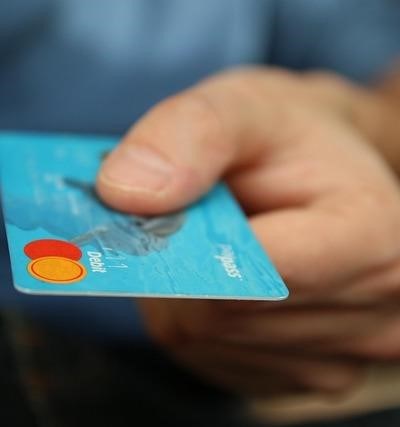
I’ve always been a bit of a tech-head, and as my online shopping increased, so did my concern about online safety and, specifically, CVV2 security․ I remember the first time I heard about credit card fraud – it was terrifying․ That’s why I decided to dedicate myself to understanding and improving my financial literacy, specifically in areas like payment security and fraud prevention strategies․
My journey started with online courses․ I enrolled in several e-learning platforms offering cybersecurity education and fraud awareness training․ These educational programs were invaluable․ I learned about the importance of strong passwords, the dangers of phishing emails, and, crucially, the significance of protecting my CVV2 code․ I discovered that simply knowing what a CVV2 is wasn’t enough; I needed to understand the risk management involved in using it online․ One course, taught by a professor named Dr․ Anya Sharma, really emphasized the importance of responsible online behavior․
Dr․ Sharma’s lessons on data protection were particularly enlightening․ She stressed the importance of checking websites for security indicators (like the padlock symbol in the address bar) before entering any sensitive information, including my CVV2․ I also learned about the various types of online scams, including phishing and smishing (SMS phishing)․ I even practiced identifying suspicious emails and text messages as part of the curriculum․
Beyond online courses, I sought out additional educational resources․ I read articles on consumer protection and explored government websites dedicated to identity theft prevention․ I learned about the importance of regularly monitoring my credit reports and immediately reporting any suspicious activity․ This proactive approach to risk management drastically reduced my anxiety․
My improved financial literacy and understanding of card security had a direct impact on my online shopping habits․ I became more diligent about checking websites for legitimacy, avoiding suspicious links, and utilizing strong passwords for online accounts․ I also started using virtual credit cards for online purchases whenever possible․
I believe that cybersecurity education should be a core component of school curricula․ Teaching children and young adults about digital literacy, online safety, and fraud awareness from a young age is crucial․ It’s an investment in their future financial well-being and protection against the ever-evolving threats of online fraud․ Early and comprehensive educational programs, focusing on responsible online behavior and fraud prevention strategies, are the best defense against CVV fraud and identity theft․
My personal experience underscores the importance of proactive learning in combating CVV fraud․ Through dedicated study and the application of what I learned, I’ve significantly improved my online safety and reduced my risk of becoming a victim of credit card fraud․
In short: Education is the key to preventing CVV fraud․

